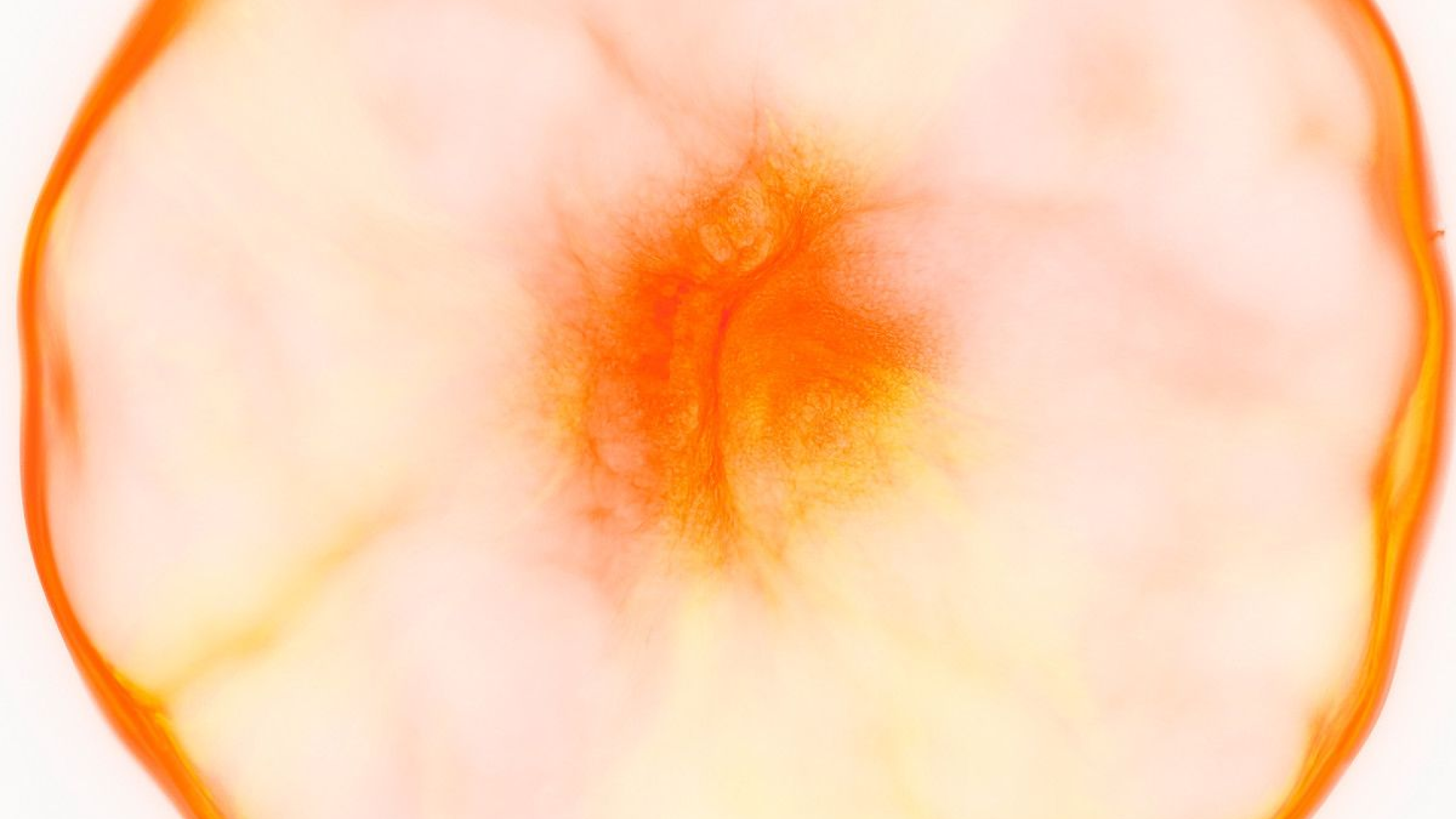At 38, you might be wondering if it's too late to freeze your eggs. The short answer? It's not too late, but success rates do change with age. While egg freezing at 38 presents different considerations than at 28, many women successfully preserve their fertility at this age with realistic expectations and proper planning.
Understanding Success Rates at 38
Arva's Take: Age is just one factor in egg freezing success. Your individual health, ovarian reserve, and egg quality matter more than the number on your birthday cake.
At 38, approximately 1 in 40 frozen eggs results in a live birth. This means you'll likely need more eggs than younger women to achieve the same success rates. Research shows that women aged 38-40 should aim to freeze 25-30 mature eggs to have a 65-75% chance of at least one live birth.
What These Numbers Really Mean
- Egg survival rate: 85-90% of eggs frozen using vitrification (flash-freezing) survive the thaw process
- Fertilization rate: About 65-70% of thawed eggs will successfully fertilize
- Live birth rate: Roughly 2.5% per thawed egg at age 38
These statistics might seem daunting, but remember that many women at 38 have successful egg freezing cycles. The key is understanding that you may need multiple cycles to collect enough eggs.
The Complete Egg Freezing Process
Initial Assessment (Weeks 1-2)
Your fertility journey begins with comprehensive testing:
- AMH (Anti-Müllerian Hormone) test: Measures your ovarian reserve. At 38, average AMH levels are around 1.5 ng/mL
- Antral follicle count: Ultrasound to count visible follicles in your ovaries
- Day 3 hormone testing: FSH, LH, and estradiol levels
- General health screening: Blood work and physical examination
Ovarian Stimulation (8-12 days)
You'll take daily hormone injections to stimulate multiple eggs to mature simultaneously. During this phase:
- Daily self-injections of fertility medications
- Regular monitoring appointments (every 2-3 days)
- Ultrasounds to track follicle growth
- Blood tests to monitor hormone levels
Arva's Take: The injection process feels overwhelming at first, but most women adapt quickly. Consider it an investment in your future family-building options.
Egg Retrieval (Day 1)
The retrieval is a 20-30 minute outpatient procedure performed under light sedation. Your doctor uses ultrasound guidance to collect mature eggs from your ovaries.
Freezing and Storage
Your eggs are immediately frozen using vitrification, a rapid-freezing technique that prevents ice crystal formation. They're then stored in liquid nitrogen at -196°C.
Cost Considerations in India
Egg freezing costs in India vary significantly by location and clinic:
- Initial cycle: ₹80,000 - ₹3,00,000
- Medications: ₹30,000 - ₹60,000
- Annual storage: ₹10,000 - ₹25,000
Factors Affecting Cost
- Clinic location and reputation
- Number of monitoring appointments
- Medication dosage required
- Additional testing needs
- Storage facility quality
Many clinics offer EMI options or package deals for multiple cycles, which may be necessary at 38 to collect sufficient eggs.
Physical and Emotional Considerations
What to Expect During Stimulation
- Mild bloating and breast tenderness
- Mood swings due to hormone fluctuations
- Fatigue and occasional headaches
- Injection site soreness
Managing the Emotional Journey
The process can feel like an emotional rollercoaster. It's normal to experience:
- Anxiety about success rates
- Stress about financial investment
- Uncertainty about timing
- Hope mixed with realistic concerns
Arva's Take: Consider connecting with a counselor who specializes in fertility issues. Having emotional support makes the process more manageable and helps you make decisions aligned with your values.
Optimizing Your Success
Lifestyle Factors
- Maintain a healthy BMI (important for anesthesia safety)
- Take prenatal vitamins with folic acid
- Limit alcohol and eliminate smoking
- Manage stress through meditation or yoga
- Get adequate sleep during stimulation
Timing Considerations
If you're 38 and considering egg freezing:
- Don't wait – egg quality declines monthly after 35
- Consider multiple cycles if your first retrieval yields fewer eggs
- Plan around work and life commitments
- Factor in recovery time between cycles
Making the Decision: Is It Right for You?
Egg freezing at 38 makes sense if:
- You want biological children but aren't ready now
- You're single and haven't found the right partner
- You're focusing on career or education
- You have a family history of early menopause
- You're facing medical treatments that could affect fertility
Arva's Take: There's no "perfect" age for egg freezing, but 38 isn't too late if you approach it with realistic expectations and proper medical guidance.
Frequently Asked Questions
Q: How many cycles will I need at 38?
A: Most women at 38 need 1-2 cycles to collect 20-30 eggs, depending on their ovarian reserve and response to stimulation.
Q: Can I still get pregnant naturally after egg freezing?
A: Yes, egg freezing doesn't affect your remaining eggs or natural fertility. Many women conceive naturally even after freezing eggs.
Q: How long can frozen eggs be stored?
A: Frozen eggs can be stored indefinitely. Studies show no decrease in quality after 10+ years of storage.
Q: What if I never use my frozen eggs?
A: Only 8-14% of women return to use their frozen eggs. Many conceive naturally or through other means, making egg freezing an "insurance policy."
The Bottom Line
Egg freezing at 38 is absolutely possible and can be successful with proper planning and realistic expectations. While success rates are lower than at younger ages, many women successfully preserve their fertility at 38 and beyond.
The decision ultimately depends on your individual circumstances, health status, and family-building goals. Consult with a fertility specialist who can assess your specific situation and help you make an informed choice about your reproductive future.
Remember, you're not just freezing eggs – you're preserving possibilities and giving yourself more time to make family-building decisions on your own terms.

